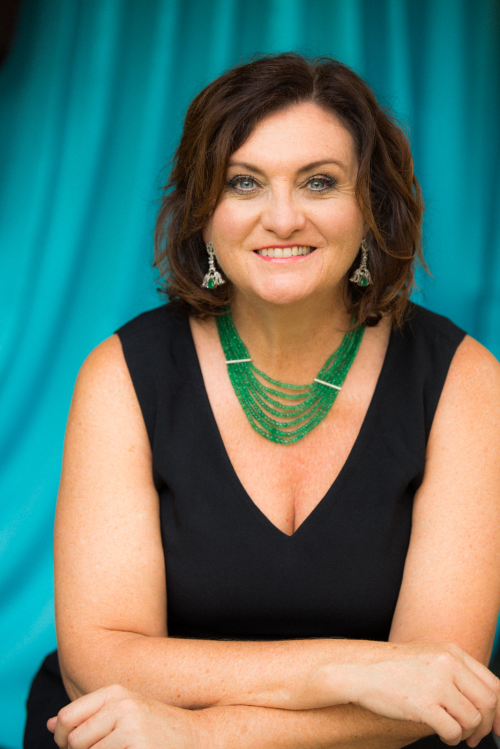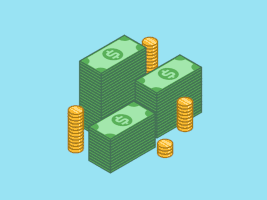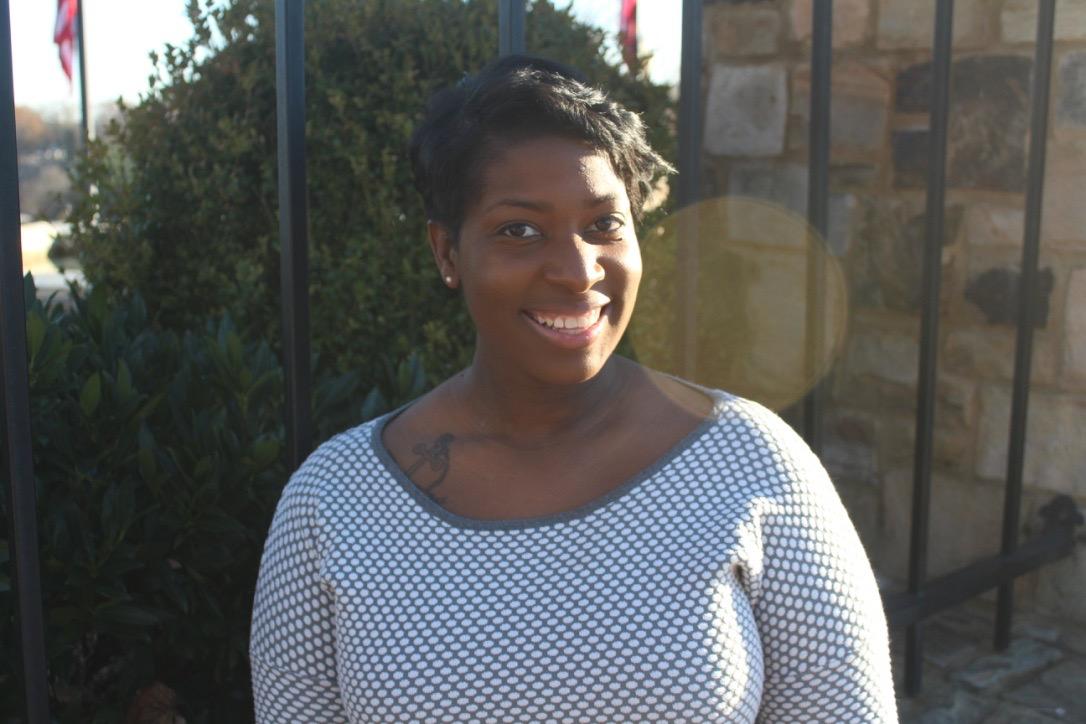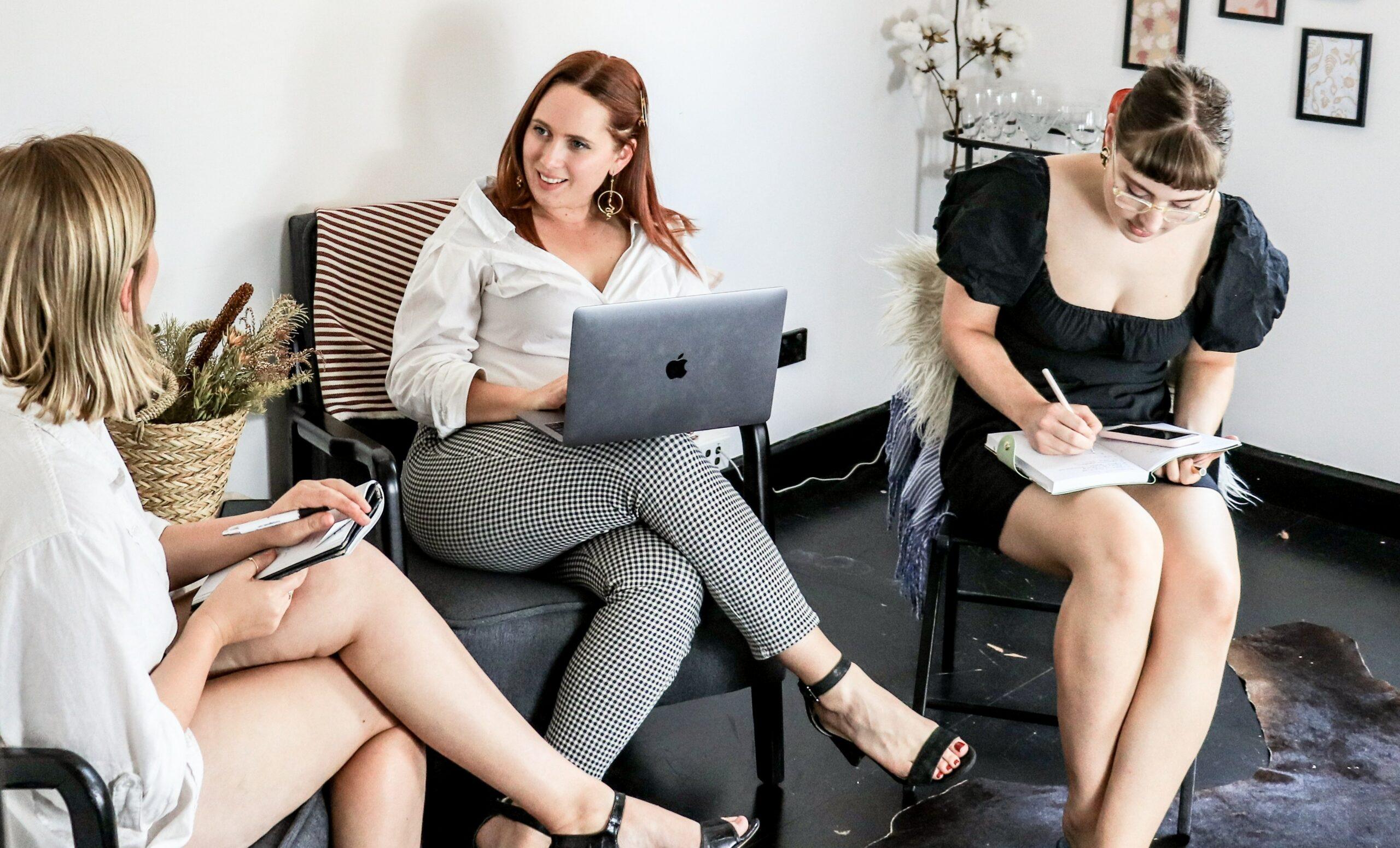How One Woman Got Herself Out Of $187,000 In Debt In Only Two Years

The average American has approximately $5,700 in credit card debt, according to the latest numbers from ValuePenguin. While the average of total debt has decreased from the $53,000 average reported in 2008, many individuals are aggressively attacking debt and creating a new financial reality.
Founder of Joy of Business, author and international business owner, Simone Milasas shared tips and tools on how she got herself out of $187,000 in debt in only two years. Although she rid herself of the debt in two years, she quickly found herself back in debt and realized in order to change her financial world, she had to change how she viewed debt and money.

Milasas believes the current points of views around debt and money, cause comfort with being in debt that did not change the reality of it in a positive way with individual finances.
“The first thing is that I committed to my life. I made that demand that no matter what it takes and no matter what it looks like, I will change this and then every day I got up and took action,” said Simone Milasas. “I created a 10% account and put away 10% of everything that came to me. I also carried around the amount of cash I felt like a rich person would carry and it made me feel abundant.”

In her book, Getting out of Debt Joyfully, Milasas covers important financial topics like changing debt, finding joy, increasing your cashflow, and tools to change your financial reality.

“Taking an honest look at your finances is not about judging yourself. Rather, it’s about getting a clear picture of where you are today so that you can start to ask, “What is it going to take to change this?” And, then start making the choices to do just that. You can change anything if you are willing to look at it,” said Milasas.
Changing your mindset about debt and realizing that it is a choice, is the most simplistic, but essential approach to climb out of debt.

Milasas shares 3 ways to change your financial reality as it pertains to mindset, planning, and action.
Change Your Point Of View
When you accept that your point of view that you’ve had about money has created your current financial dilemma, you can critically evaluate your relationship with money. Creating and sustaining regular conversations about money, turning it into a less taboo topic, and actively setting goals with your finances, allows you to generate excitement around it. Stop ignoring your finances, and ask yourself what you would like your life to be like and how much money would it take for you to live joyfully.
Give Up The Comfort Of Debt
It takes courage to truly confront yourself and ask the tough questions. Are you comfortable with the choices you are currently making in regards to money? More importantly though, are you willing to be uncomfortable to create freedom financially while remaining joyous in your savings?
Asking yourself questions that shake up the comfort you hold surrounding debt forces you to question the standards, views, and ideas that have been passed down and promoted by family and friends. For every point of view you notice that you have about money say, “Interesting point of view, I have that point of view,” and quickly you will discover those views become real, valuable, and interesting. When they become interesting, they become less ignored and dormant, and you can notice what views are positive or that you can let go.
Those questions and affirmations alone can get your critical assessment of your perceptions and financial decisions, in order to get your relationship and habits with money in check.
Be Comfortable And Willing To Have Money
Money is often associated with spending. Gratitude often gets overlooked but it is one of the most dynamic tools for changing things. “To increase your gratitude with money, try this: For every dollar that comes in, stop and say, “Thank you. I am so glad this showed up. Can I have more please?” And, for every dollar that goes out, for every bill you pay, take a moment to say, “Thank you. I am so grateful that I have electricity for another month. What would it take for this money to come back to me 10 times?” said Milasas.
If you desire something greater with your finances, asking questions continuously is important.
“Questions are actually the beginning of change as they open the door to new possibilities and take you beyond anything you’ve considered possible up until this point,” said Milasas. “Start to ask questions like, “What else is possible here?” Or, how many revenue streams could I create?” And, “If I knew I couldn’t fail, what would I choose?”
As you ask questions, your sense of what’s possible will become greater, and when your sense of what’s possible becomes greater, your money will too.

When you grow comfortable and understand the differences between having, spending, and saving money – you can truly begin to change your outlook and relationship with money.






